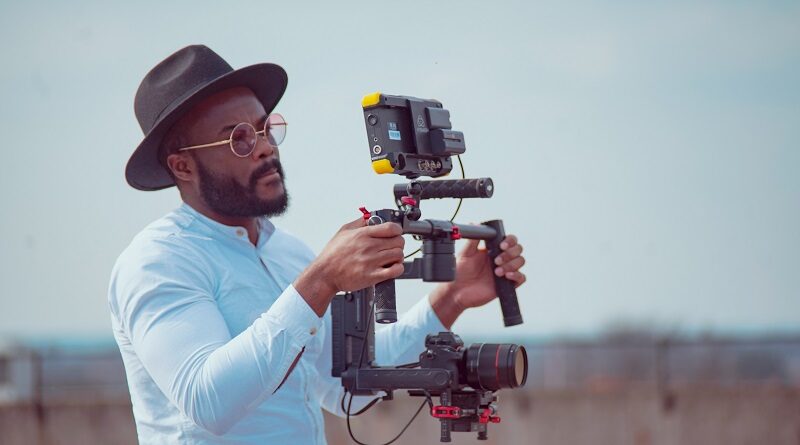Postgraduate courses in Cinematography
Think of your favourite movie. Now think about the lighting, the aesthetic appeal and the work of the camera angles and movement in creating that movie. Does that sound interesting to you?
If you answered yes to the last question then you know you’re in the right place. You could become a fantastic cinematographer and we hope we can assist you in doing so. Have a look at the information we’ve gathered below and see if a postgraduate course in cinematography is what you’re looking for.
Light, camera, action!
What is cinematography?
To put it simply, cinematography refers to movie photography. It is an art, process and technology that involves different aspects such as lighting, certain lenses used when shooting footage, using camera filters, angles and the movement of the camera.
What does a cinematographer do?
Cinematographers may also be known as Directors of Photography. In this role you will not tend to work set and social hours. Working hours may vary from project to project and you may be expected to work long, unsocial and irregular hours. You may also find yourself working in a number of different locations such as on-set or in remote locations used for filming. In this role you will work with directors in order to produce a spectacle that is unique and of high quality. There is a great responsibility on cinematographers to create a strong visual impact.
Some duties you may carry out in this role may include:
- Choose, find and use necessary equipment and tools
- Analyze aspects of the films such as characters, plot, screenplay etc to create a plan of visual approach
- Research aspects such as locations of filming, weather and props to be used
- Carry out testing of shots, lighting and ideas before filming
- Ensure costumes, make-up, hair and colours all reach expectation
- Be part of dress rehearsals and provide advice
- Train junior staff and in the area of your expertise such as equipment use
- Be commercially aware and keep up to date with different improvements and advances of equipment and tools needed
- Attend workshops
- Ensure expectations are met such as effects, correct lighting etc in post-production
Courses
There are many courses on offer in the area across the UK. Some courses offer the opportunity to study either part time or full time. Universities may have certain restrictions in place due to Coivd-19 and may offer courses online. Courses available include:
Cinematography for Film and Television
Postgraduate courses in this area help students to develop the vital intellectual and practical skills to meet the expectations of the industry. Students will develop skills in order to develop their creative, technical, digital camera and lighting skills as well as collaborative skills and storytelling.
Filmmaking (Cinematography)
Filmmaking postgraduate courses provide the opportunity to develop and improve skills in lighting, camera and different techniques vital to this role. Students will take on a lot of practical work and apply their new knowledge and skills to the working world to give them a real insight and prepare them for the work involved. This course will set students up to take on multiple roles including director of photography, camera operator, gaffer and camera assistant, among others.
There are also courses available in Film and Television Production with Cinematography and multiple Cinematography courses across a range of universities.
Entry requirements
Entry requirements may differ from course to course or university to university. Therefore, it is important to research your specific course in detail to ensure you meet the entry requirements. As these courses are postgraduate courses, you will need a bachelor’s degree. Some courses may accept a 2.2 degree while others will require a 2.1.
Salary
Your salary in this area can be influenced by both experience and the particular project you may be working on. It is believed cinematographers earn an average of around £34,800 in the UK. However, it is possible to earn anything between £50,000 to up to £300,000 or £24 an hour. This is, of course, dependent on what you’re working on specifically but it is hard to put exact figures on the role of a cinematographer. At junior level, you will start out around £15,000. These figures are intended to be used as a guide only.
Skills and requirements
Skills and requirements helpful in this area include:
- Strong communication skills
- Interpersonal skills
- Time management skills
- Ability to learn quickly
- Commercial awareness
- Organisation skills
- Time management skills
- Ability to solve issues
- Ability to manage and use equipment
- Budgeting skills
- Able to produce effective plans
- Ability to resolve conflict
- Friendly manner
- Ability to build strong relationships




